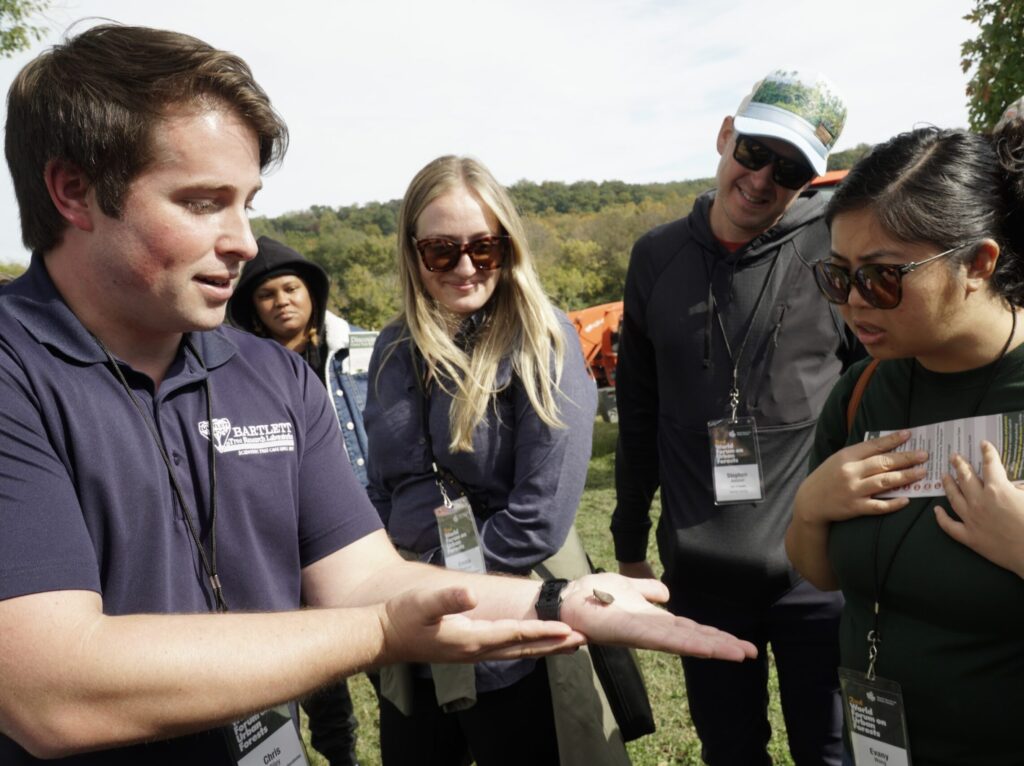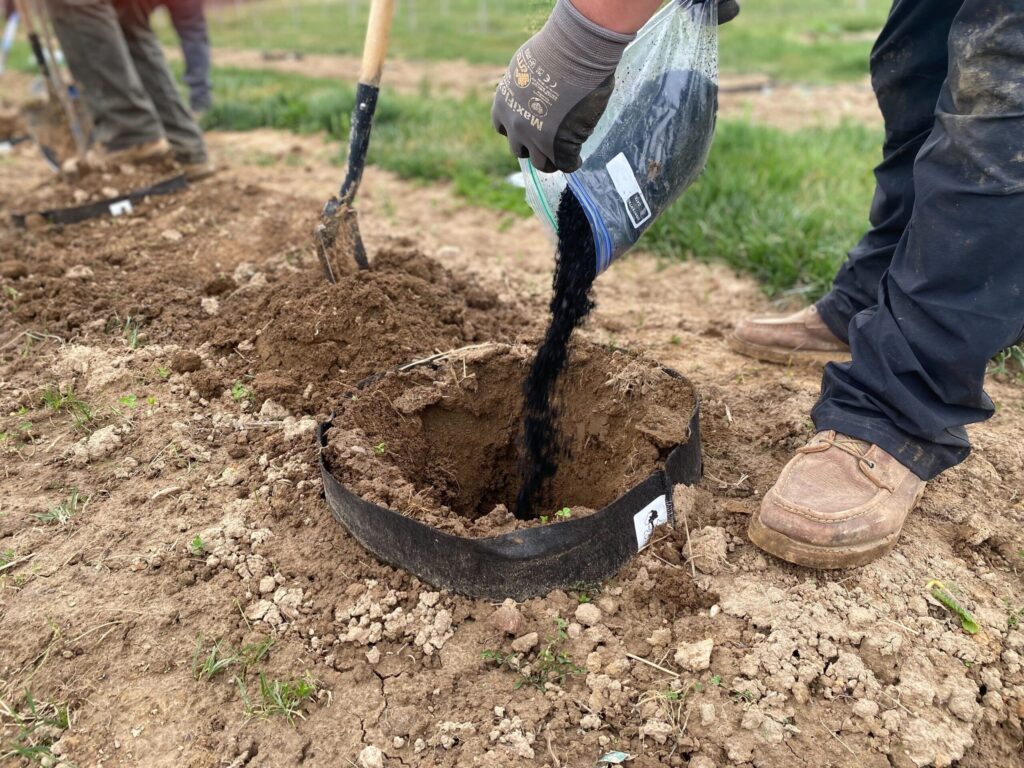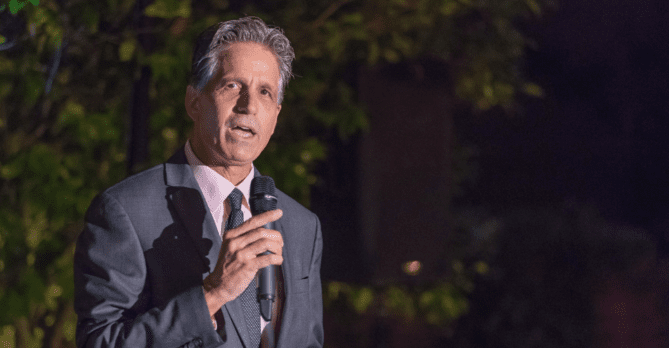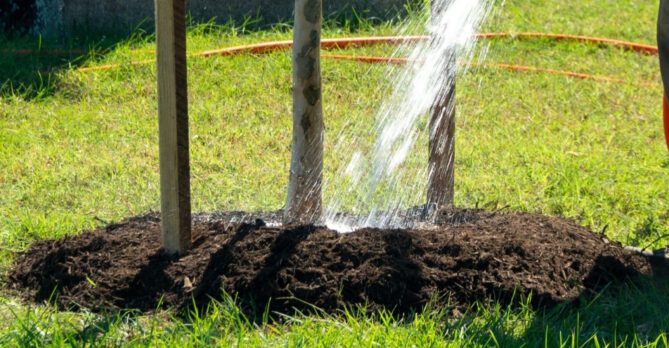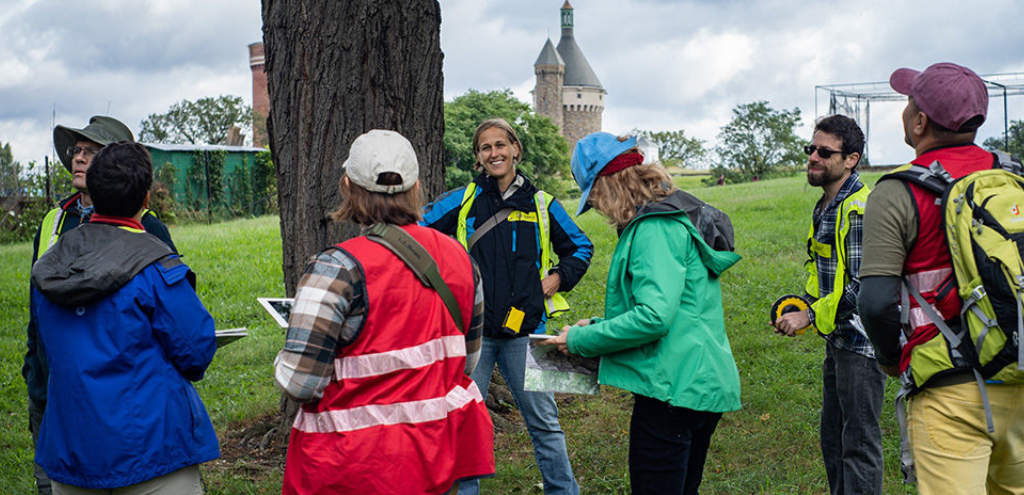
Calling all graduate and advanced undergraduate students in urban forestry, environmental studies, horticulture, and related fields! Don’t miss your chance to apply for the Garden Club of America’s (GCA) Urban Forestry Fellowship and potentially receive $7,500 to fund your research. The application deadline is January 15, so be sure to check out the full eligibility requirements and application details on our Fellowships page.
Administered by Casey Trees in partnership with GCA, this fellowship offers a rare opportunity for emerging scholars to dive deep into the planning, management, and ecology of urban forests, with a focus on the vital role urban forests play in our communities and ecosystems. With GCA’s long-standing commitment to supporting urban forestry research, this fellowship is part of a suite of 29 merit-based scholarships aimed at fostering environmental stewardship and innovation. Since its founding in 1913, GCA has awarded over $300,000 annually to inspire greater engagement in environmental protection, horticulture, and community action.
But don’t just take our word for it—learn from past fellows whose work has been pivotal in shaping the field:
 Insights from Chris Riley, PhD in Entomology/Ecology and Research Scientist at Bartlett Tree Research Laboratories
Insights from Chris Riley, PhD in Entomology/Ecology and Research Scientist at Bartlett Tree Research Laboratories
Dr. Chris Riley, a former GCA fellow, shared that his experience “helped expose me to the fascinating world of trees.” His fellowship-supported research explored the ecological roles of both native and non-native tree species in urban spaces, specifically on vacant lots in Cleveland. Riley’s study of tree communities and their associated insect populations deepened his understanding of the complex interplay between trees, pests, and urban spaces. Today, Riley applies these insights at Bartlett Tree Research Laboratories, bridging gaps between urban forestry, pest management, and public education.
“The general public is more aware than ever of the benefits that urban forests bring to our lives, but the challenges facing these forests are also unprecedented,” he explained. “From climate change to invasive pests, urban forestry research is critical to protecting these green spaces.”
 Perspectives from Dr. Mike Alonzo, Associate Professor of Environmental Science at American University
Perspectives from Dr. Mike Alonzo, Associate Professor of Environmental Science at American University
Another inspiring GCA fellowship alum, Dr. Mike Alonzo, leveraged this support for his PhD research on urban ecosystems using hyperspectral imagery and LiDAR. Initially inspired by his work with Casey Trees conducting i-Tree Eco studies, Alonzo developed new methods to map urban trees in ways that would allow for greater accuracy without exhaustive field visits. His research showed the value of integrating high-tech data with field-based measurements, leading to accurate maps of tree species and canopy across cities.
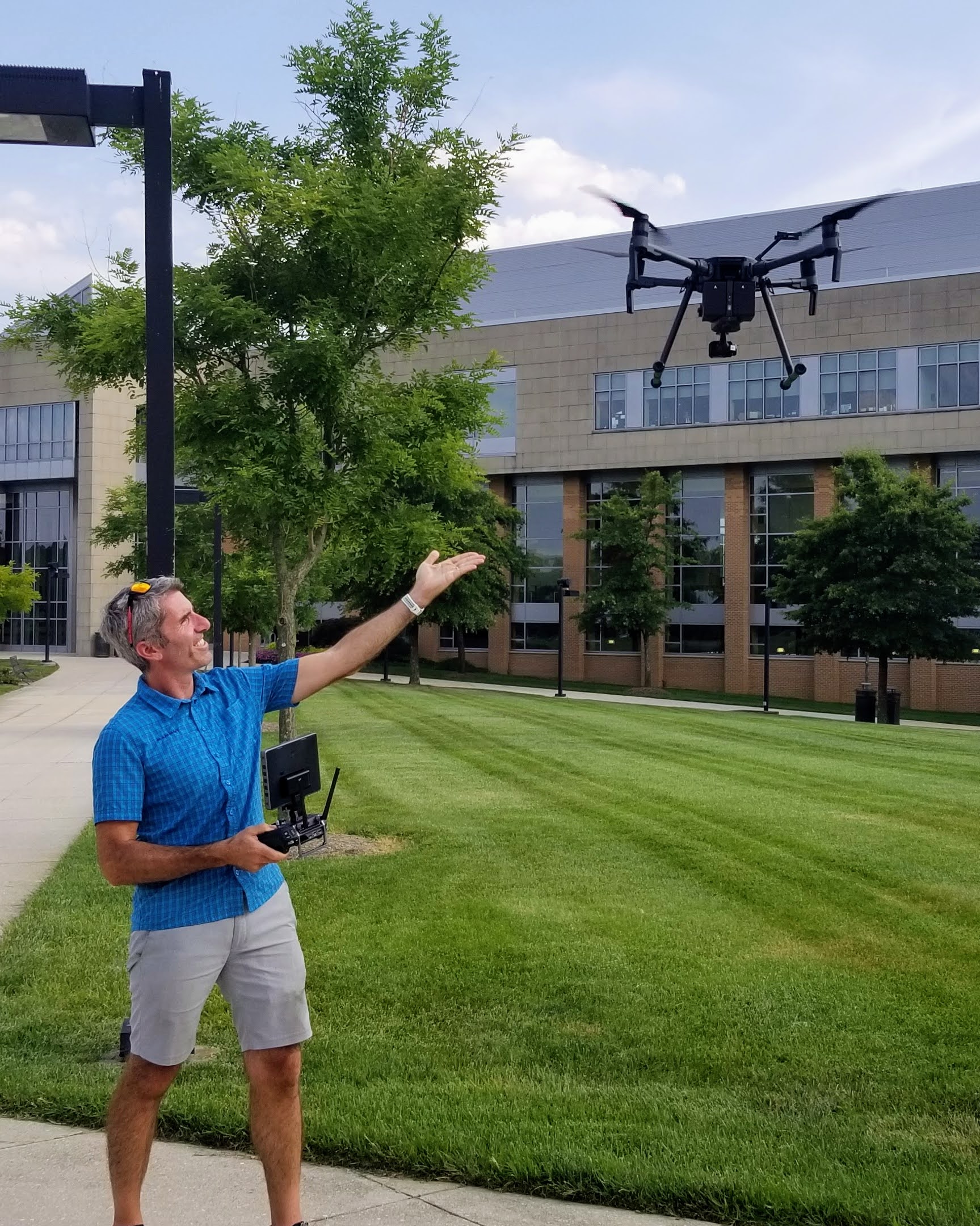 This research remains foundational to his work today. “We’re now working to understand which species provide the most cooling benefits in urban settings—information that’s crucial as cities get hotter due to climate change,” Alonzo shared. “This fellowship helped close the loop on my research and paved the way for continued work in urban ecosystem analysis.”
This research remains foundational to his work today. “We’re now working to understand which species provide the most cooling benefits in urban settings—information that’s crucial as cities get hotter due to climate change,” Alonzo shared. “This fellowship helped close the loop on my research and paved the way for continued work in urban ecosystem analysis.”
As climate challenges intensify, urban forestry research has never been more vital. Riley, Alonzo, and many others emphasize the need for continued investment in research that tackles everything from pest management to urban heat mitigation. “Understanding which trees provide the most shade and cooling benefits, and under what conditions, will be crucial to our resilience,” Alonzo noted.
The GCA fellowship isn’t just a funding opportunity; it’s a pathway to advancing urban forestry and building a resilient future. This support has empowered former fellows to innovate, research, and share their findings, adding invaluable knowledge to the field. We invite you to seize this chance to make your mark on urban forestry—apply today and take a step toward a greener, more sustainable future.

